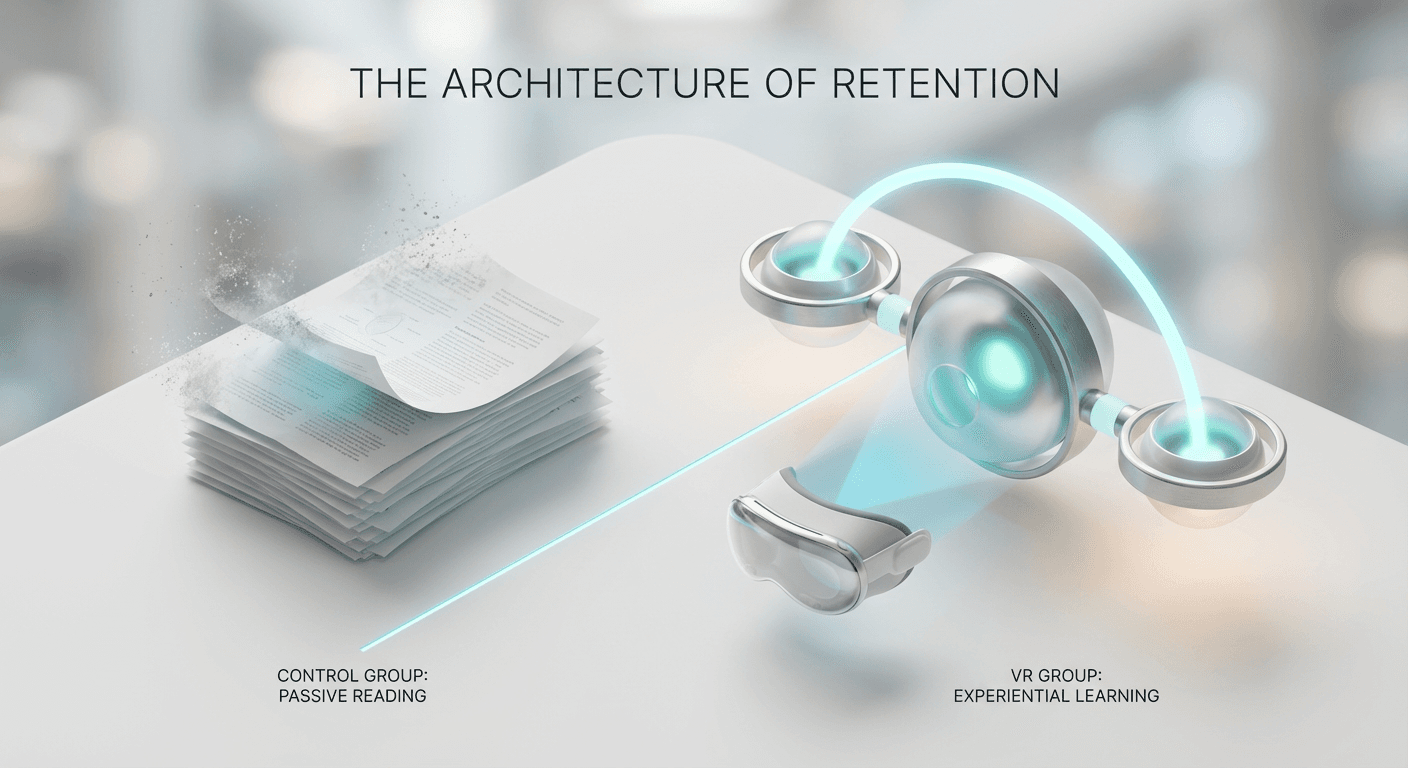Enhance Learner Engagement ThroughExperiential Learning in a Gamified Simulation:A Longitudinal Study
Authors: Chen Li, Jeff K. T., Ye Jia*, Yufei Lu, Peter H. F. Ng, Laura Zhou, Jing Liu, Qing Li
Published in: 18th International Conference on Blended Learning (2025)

Gamified simulation of Fitts’ Law in VR. (a) Overview of the simulation in VR; (b) UI panel displaying feedback based on Fitts’ Law; (c) Enhancement tools aiming to inspire improved interactions; (d) Third-person view of a participant using the simulation.
Abstract
Experiential learning in virtual reality (VR) has gained con-siderable attention from both practitioners and researchers in recentyears. Despite its potential, there is still a gap in effectively engagingstudents through experiential learning. Gamification has emerged as apromising strategy to bridge this gap by incorporating interactive andmotivational elements into learning experiences. To explore the poten-tial of combining gamification with experiential learning in VR, we con-ducted a longitudinal study with 68 undergraduate students enrolled ina human-computer interaction (HCI) course. The study focused on agamified simulation of Fitts’ Law, a fundamental concept for modellinghuman movement in HCI, to evaluate its impact on learner engagementand the translation of this engagement into knowledge gains over boththe short and long term. Our findings indicated that the gamified ex-periential learning approach significantly enhanced learner engagement,especially affective engagement, compared to traditional methods thatrely on texts and figures. The longitudinal data also suggested that theapproachledtobetterknowledgeretention.However,norelationshipwasfound between the observed learner engagement and knowledge change.This highlights the need for further research to study how to effectivelyconvert learner engagement into measurable knowledge gains throughexperiential learning in gamified simulations.